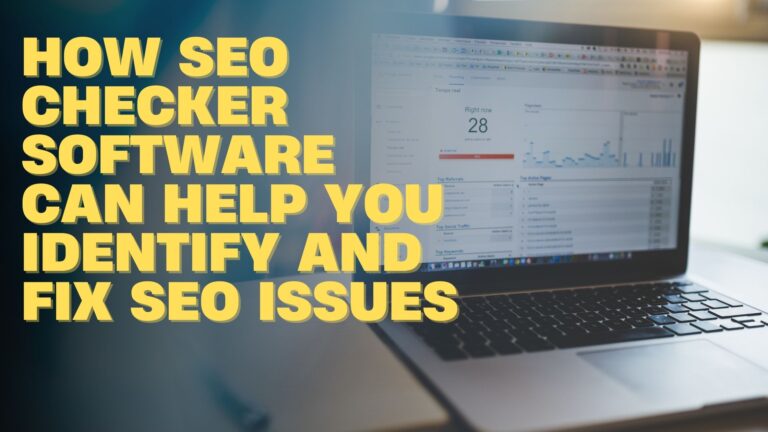Last updated on December 20th, 2025 at 01:52 pm
Honestly speaking, when I first heard about Inclusive Employment Australia opening in November 2025, I assumed that it was another rebrand. It is with the same system; only the new name; the government press release.
However, since I went deeper into discovering what exactly changed since the previous Disability Employment Services arrangement, I have figured that it is much bigger than I had anticipated.
So here’s what happened. The government essentially took a long-standing program called DES, which had been working in the same manner since more than a decade, and rethought it afresh using 5.4 billion dollars in five years. That’s not pocket change. And the changes? They are talking about issues that have been in grievances over the years.
Table of Contents
What Really Changed (The Stuff That Matters).
First thing which attracted my attention: there were no time limits any more. With DES, you were allowed to be supported two years and then you were on your own. IEA abandoned that altogether. You can receive assistance until you require it. It is enormous when you are making a career not simply filling a box with any job.
Second, they increased the number of users who can use the program. Previously, you had to work less than eight hours a week and you were out of business. Now? Zero to 30 hours counts. And you do not even have to be on Centrelink payments anymore-it has been seen that volunteering is a possibility.
Next, there is the provider situation. They certified 83 providers as opposed to the same few organizations with everything. Others are specialized in autism, mental health, intellectual disability or in special cultural communities. It is the thought that you can just find one person who may understand your circumstances rather than subjecting everyone to the same experience.
Two Service Levels that Pay off.
This is where it comes in handy. IEA divides services into two categories according to the services necessary:
Intensive Support is provided to individuals who are actively seeking jobs or those planning on practicing. It consists of two stages, work preparation (skill development, sorting out the obstacles), and job search (applications, interviews, the entire situation). When you are in the mood to get deep, this is your song.
Flexible Support is aimed at individuals that require the continuous assistance of a person but who are not fully engaged in the job-search process. Perhaps you have health issues happening or family issues or personal obstacles. This level provides you with encouragement with no stress of stiff employment search.
I appreciate the fact that they recognized that not all people required assistance at the same rate. It goes without saying, but the previous system did not discriminate.
The Money Side (Pay Attention, Employers).
Wages subsidies increased to 10000 dollars per qualified worker. That is much higher than DES arrangements. As an employer, it includes on-the-job training, workplace accommodation, and recruitment expenses of positions of at least 26 weeks.
What I found interesting: the subsidies are not about getting somebody in the door. They are made to make sustainable employment-jobs which are truly permanent and in this case one goes through the job and not the rotating doors of short-term employment.
The catch? ABN is required, term must last a minimum of 13 weeks, pay is required to be minimum wage and you must not have employed this individual (under subsidy) previously. Straightforward enough.
FAQs
Q: Can I switch providers if I’m not happy with the one I’m assigned?
A: Yes you are allowed to change anytime. When switching off of DES call the DES Transition Line at 1800 227 337 or the IEA provider of your choice directly. No question, no waiting time.
Q: What’s the Centre for Inclusive Employment and why should I care?
A: It is a recently opened hub, opened in March 2025 that has an investment amount of 22.1 million. They develop best-practice resources, training and research to providers and employers. You can consider it as the quality control center ensuring that IEA actually does what it promises.
Free training and tools are available in their site (cieaustralia.com.au).
Q: If I’m on NDIS, do I need IEA or can NDIS cover employment support?
A: They collaborate but address various issues. IEA manages your career guide -employment coaching, skills training, job placement. NDIS is able to cover workplace changes and assistive technologies and long-term work support in your plan.
Best approach? Arrange your IEA provider and NDIS support coordinator in a way that does not allow you to receive five different treatments and does not leave a part of you uninsured.
Also Read: Conversational AI in Healthcare: Breaking Barriers & Building Tomorrow
Passionate content writer with 4 years of experience specializing in entertainment, gadgets, gaming, and technology. I thrive on crafting engaging narratives that captivate audiences and drive results. With a keen eye for trends and a knack for storytelling, I bring fresh perspectives to every project. From reviews and features to SEO-optimized articles, I deliver high-quality content that resonates with diverse audiences.



